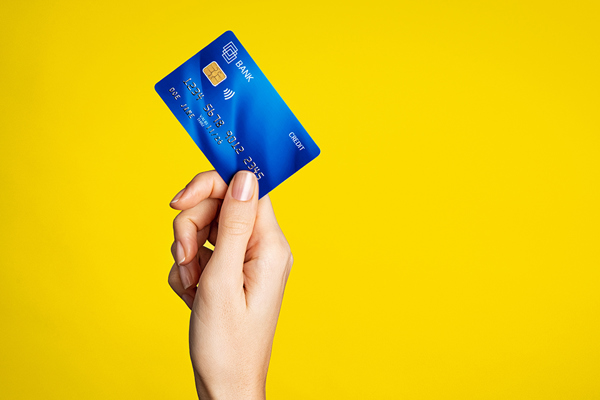6 million stolen payment cards are for sale on the dark web, of which 8,000 are Swedish. This means that Sweden ranks 36th on the list of the most affected countries in the world. The information sold is the cardholder’s home address (4,000 instances), phone number (2,700 instances), and email address (2,800 instances). About 100 payment cards were sold with the Swedish owner’s social security number.
The payment cards our researchers found are just the tip of the iceberg. Adrianus Warmenhoven, cybersecurity consultant at NordVPN, says that the information being sold using these payment cards makes it much more dangerous, financing information technology.
It may lead to identity theft
In a worst-case scenario, data breaches that reveal a user’s personal information can lead to identity theft. If the attackers obtain the name, home address, and email address, legal methods can be abused through, for example, the GDPR’s right to obtain more personal information, to improve identity theft.
– In the past, experts have linked payment card fraud to brute force attacks; When a criminal tries to guess the payment card number and CVV to use his victim’s card. However, most of the cards we found during our investigation were sold with the victims’ email addresses and home addresses, which could not be revealed by brute force. So we can conclude that it was stolen using more sophisticated methods, such as phishing and malware.
Sweden is twelfth in Europe
In Europe, the UK is at the top of the list of affected countries. And with a stolen payment card count of 164,143, the country is the third most affected in the world. Sweden ranks twelfth with 8,000 stolen payment cards, and thus somewhat better than its neighboring countries. Denmark and Norway rank seventh and eighth, respectively (12,500 vs. 12,000 payment cards). Danish cards also averaged 118.52, which topped the list.
Changing the probability of credit card theft
After the survey, a risk index was compiled showing the likelihood that a resident of a particular country would be exposed to credit card theft. Malta, Australia and New Zealand top the list, while Sweden ranks 52nd. Russia and China are in the lowest and third lowest places respectively on the list. However, most of the stolen credit card information, among those analyzed, came from the United States. The reason for this may be the country’s large population and strong economy.
Educated users have a lower risk of being affected
Adrianus Warmenhoven offers four tips for feeling safe online and stresses the importance of education. It is important to use diverse and non-hackable passwords, to be aware of unusual activity in your banking app, to respond to data breaches and to use software against malicious code.
– Few criminals use these days Brute force To steal payment card information. This means that technologies are becoming increasingly sophisticated. At the same time, this also means that educated and informed users are at lower risk of being affected,” says Adrianus Warmenhoven.

“Extreme tv maven. Beer fanatic. Friendly bacon fan. Communicator. Wannabe travel expert.”









More Stories
Brexit brings economic uncertainty – Finland worst hit in the long run – Hufvudstadsbladet
Britain wants closer ties with the European Union.
Britain may already be out of recession